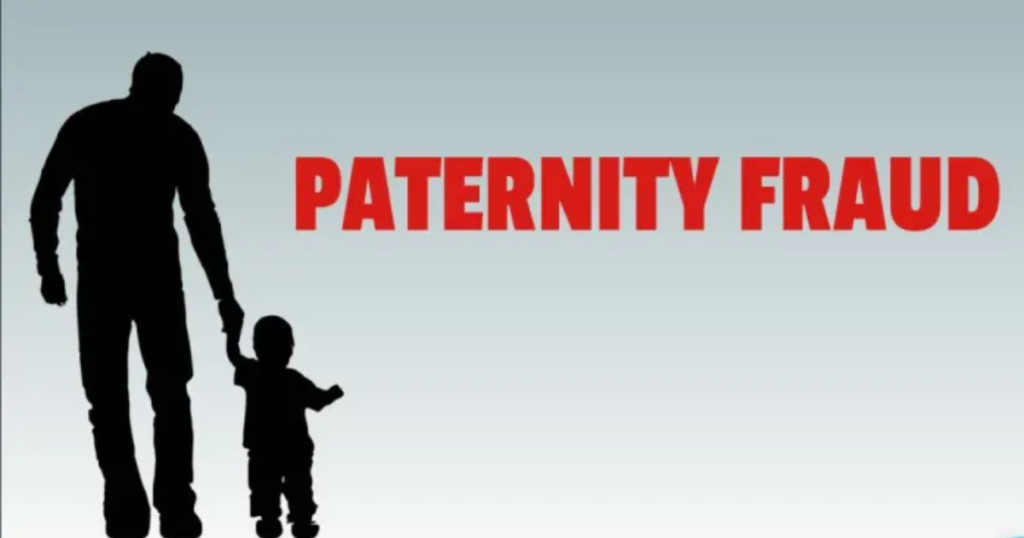A recent study carried out by Mandeville-based Northern Caribbean University (NCU) researchers has uncovered a significant increase in the number of women across the island committing paternity fraud or giving ‘jackets’ to men as a means of social mobility.
The study, dubbed ‘The Perspectives and Practices of Women on Paternity Fraud in Jamaica: Post COVID-19’, revealed that there are several reasons why women commit paternity fraud. Renowned psychologist, Dr Newman, highlighted some of these reasons including fear of losing a partner or relationship, multiple sexual partners, fear of shame and criticism, and being a victim of rape.
He also stated that women keep paternity secrets because revealing them may destroy the family and interpersonal relationships.
In addition, it has been discovered that children are the main reason women give for keeping their paternity secrets.
Other reasons given include women who are victims of domestic violence do not want to suffer more battering by revealing paternity uncertainty.
According to Turney, similar reasons make women who have been raped keep the paternity issues secret and therefore refuse to disclose them to the biological father. Though some women indeed commit paternal discrepancies intentionally, it is also true that in some cases the woman was not certain who the real father of the child was at the time.
The mother inadvertently gave her child to the wrong father based on her personal beliefs.
Turney further explained that another reason why women keep secrets about paternity is that they were uncertain themselves about who the real father of the child was.
Accordingly, this scenario has been defined as paternity uncertainty and not paternity fraud. For example, if a woman had several relationships or a one-night stand, she might find herself uncertain about the paternity and may typically assume that the father of the child is the one with the most enduring sexual relationship.
When asked about their views on the prevalence of paternity fraud on the island, some of the study’s respondents alluded that the phenom is rather unfortunate and weighs on dishonesty.
“Well, it’s not right. Suppose they don’t know who the father is because they have more than one partner and then they don’t know? It’s not right but sometimes things happen. It can affect a family because that man might want to find his child and that child might want to find her father,” one woman said.
“If a woman gives a man a ‘jacket’, it’s wickedness. If you tell him today that it is his, one day he must find out because the child probably doesn’t look like the father,” another posited.




